In South Africa, the Love Justice team fights human trafficking with a different strategy than other teams use—catching traffickers online, educating vulnerable communities, and assisting with job verification. They call it the “Freedom Project.”
Brainstorming something new
The project developed in 2020 when the pandemic forced transit areas to shut down. No longer able to monitor these areas, the Love Justice team in South Africa pivoted to find a new strategy that could be more effective at tracking down traffickers even as fewer people traveled.
The first idea was to create an app—although it did not end up working the way they hoped. The Freedom App was designed to help potential victims determine if they were in danger of being trafficked through a question survey. The monitors would then review the answers submitted and reach out if it seemed like the person responding might be in danger. The app was also equipped with a panic button for emergency situations.
Although the app had over 1,000 downloads over the last three years, it did not yield even one intercept. People sometimes clicked through the survey but did not respond when contacted. Only one person ever used the panic button, and it was not a human trafficking case.
Within the first few months of launching the app, the team fully pivoted again and began investing all their time into community outreach and online job tracing. The Freedom App quickly morphed into the Freedom Project.






Seeking the vulnerable
Armed with brochures with information about human trafficking, the monitors ventured into at-risk communities, knocking on doors or walking around malls in the middle of the day when most people would be at work, searching for people actively in the recruitment phase of job seeking. The brochures included a contact number, and the team soon started fielding calls from people asking for help with verifying job offers.
Online, they began searching through job advertisements for anything that might be a cover for human trafficking as well. Often the monitors applied for jobs themselves to help determine legitimacy. If they found a high likelihood of human trafficking, they reached out to every person who commented or liked the post.
Red flags
Briony Ficking, Love Justice’s VP of anti-trafficking, shared some of the red flags that monitors note in a job offer that has a high likelihood of human trafficking. These include the following:
- Trying to lure the potential victim to a particular place
- Hiding one’s identity or lying about it
- Promising something that’s too good to be true—too high of pay for the type of job, too willing to hire someone without experience, etc.
- Putting in too much effort to recruit the potential victim
Deeper relationships
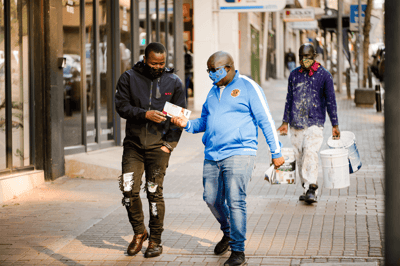
One of the other main differences in this method of fighting human trafficking is that the monitors often spend significantly more time with people than they would as transit monitors. Transit monitors typically spend 20–30 minutes with potential victims, at most a few hours; but Freedom Project monitors often assist people through the job process for weeks.
“I'm honored to just spend time praying with people and counseling them through the job-seeking sort of hopelessness that people are experiencing,” said Fickling. “So in that way, I think it's been really beautiful to see that side of things—just like South Africans helping South Africans.”
Recent stories of impact
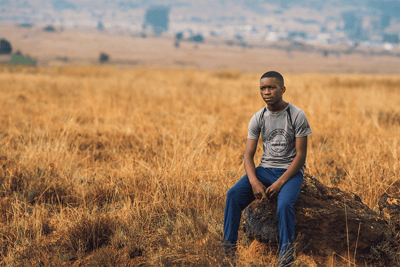
Senzo's story
Senzo*, a young man from a rural village, had only attended school through ninth grade and did not speak English very well. He had never held a formal, steady job and instead relied on temporary work to survive. He was desperate to find a higher-paying job to better support his family.
A job posting on Facebook seemed to offer Senzo the perfect solution. The listing stated that a company was looking for security guards and cleaners, paying higher than average for a job like that, and that no prior experience was required.
Our team investigated the employment offer and found some significant red flags. They contacted the company directly and discovered that no such job posting existed. The suspect had specifically targeted undocumented, inexperienced people who could not speak the primary language. Perhaps most notably, the team had encountered this suspect before in similar investigations.
The team shared their findings with the young man, educating him on the risk of human trafficking, and he decided not to pursue the job any further.
Ayanda's story
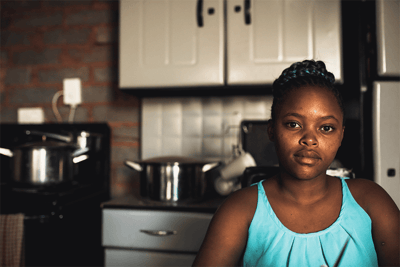
Ayanda*, a 24-year-old, was similarly desperate to find employment, being poorly educated with no work experience. A Facebook post advertised a job as a cashier with a salary nearly double what is typical for similar jobs in the area.
She applied for the job through WhatsApp as instructed and was told to attend a training at a particular address. The recruiter promised her immediate employment following the training.
Our staff’s investigation showed that the suspect pretended to recruit for a well-known company and invited responders to the same town for “training,” but gave different addresses and contact numbers to each person for the same training. The address the suspect gave Ayanda for work was completely different from the actual company’s address listed online.
Considering these red flags along with Ayanda’s heightened vulnerability in her position of desperation, our team advised her not to attend the training or accept the job, and she agreed.
Challenges
The Freedom Project is not without challenges. Since the monitors constantly cover different areas, there are no regular contacts or law enforcement present as there would be at a border crossing or major transit area. The monitors go without protection, motivated by their passion to seek out anyone who might be in danger. They work hard, going out to find potential victims instead of waiting for them to pass through.
Despite the challenges, this amazing team of eight currently averages around 60 intercepts a month. They’ve helped prevent over 700 people from being trafficked since the Freedom Project started.
Dreams for the future
Fickling has big dreams about the Freedom Project one day growing to global status, since the internet and social media are common platforms traffickers use to target people. She imagines having a call center one day specifically for this purpose and already has people working on developing technology to aid in this plan.
We are grateful for this innovative team and their hard work and willingness to try new things to achieve greater impact! To learn more about our work in South Africa, check out the country page.
*All data and statistics current at the date and time of publishing. Names changed and some specific locations excluded for privacy and security purposes.
-1.png?width=500&height=500&name=LJI_MAINLOGO_WhiteBackground%20(1)-1.png)
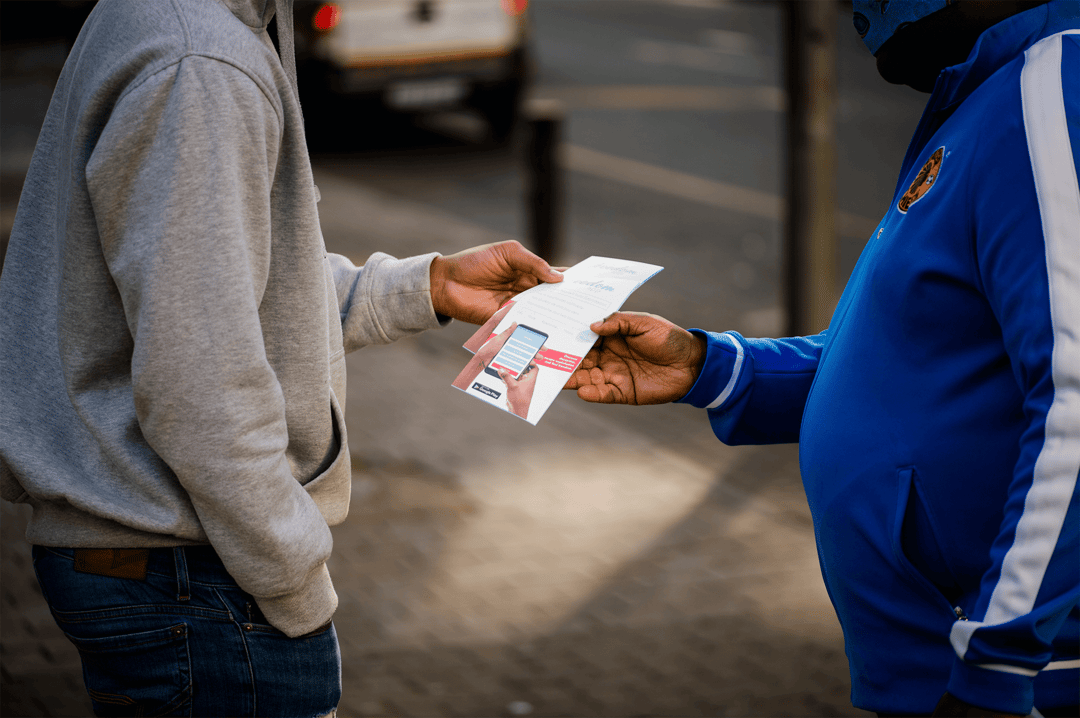
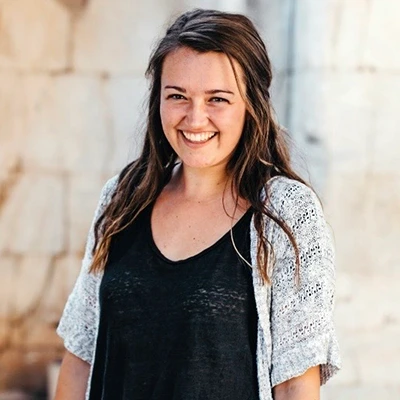
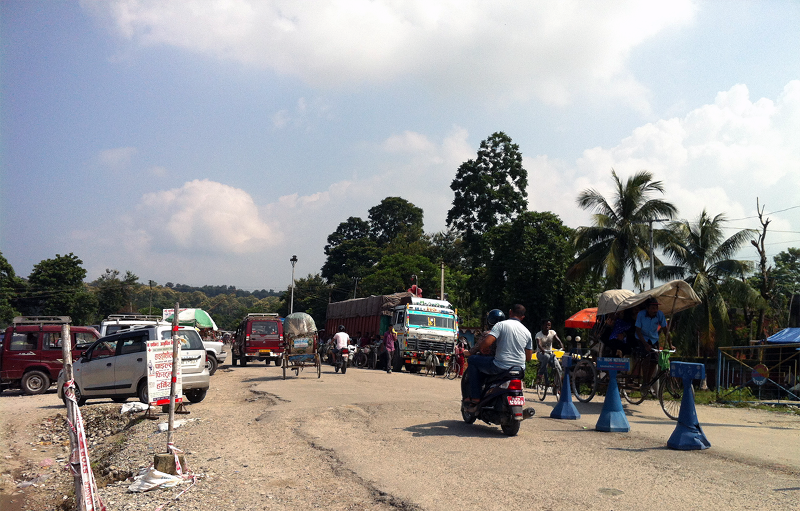
/bimala_feature_blog.webp)
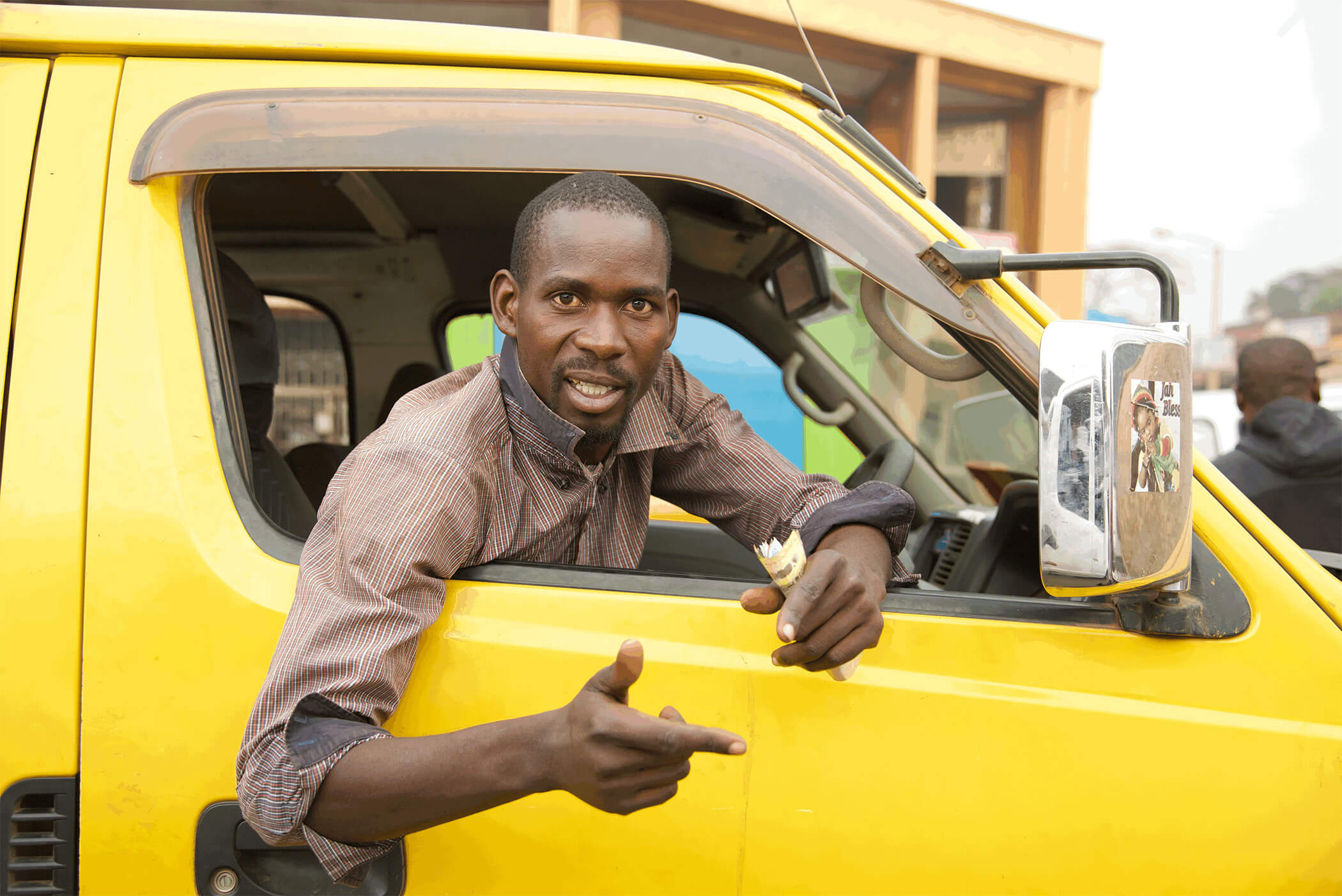
/boy_girl_asia_streets.webp)


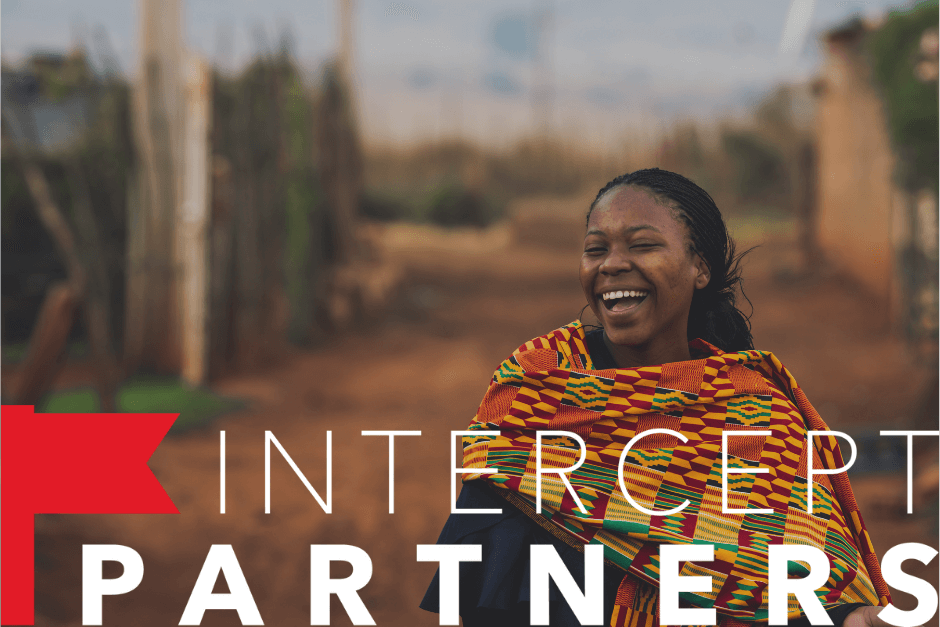




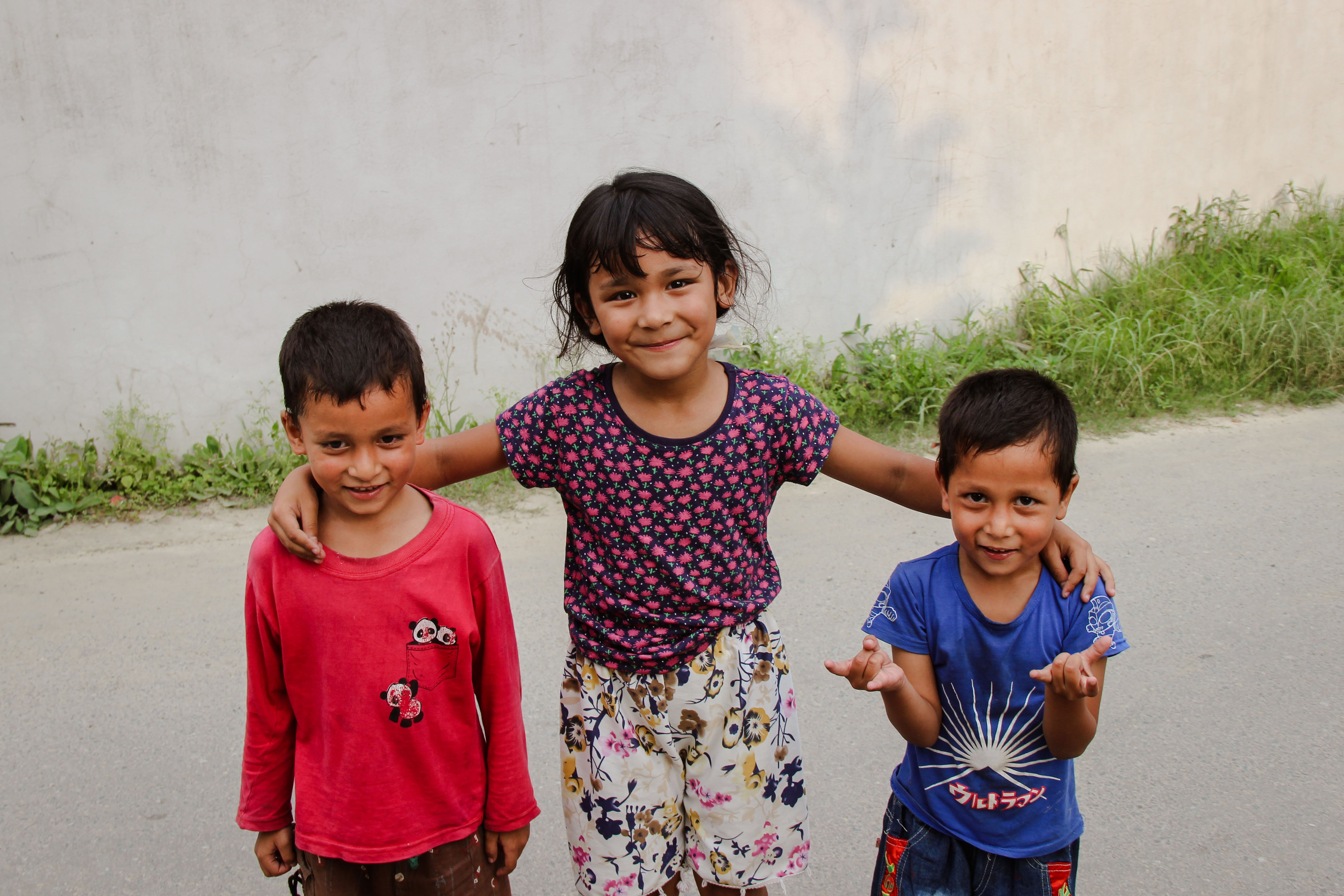
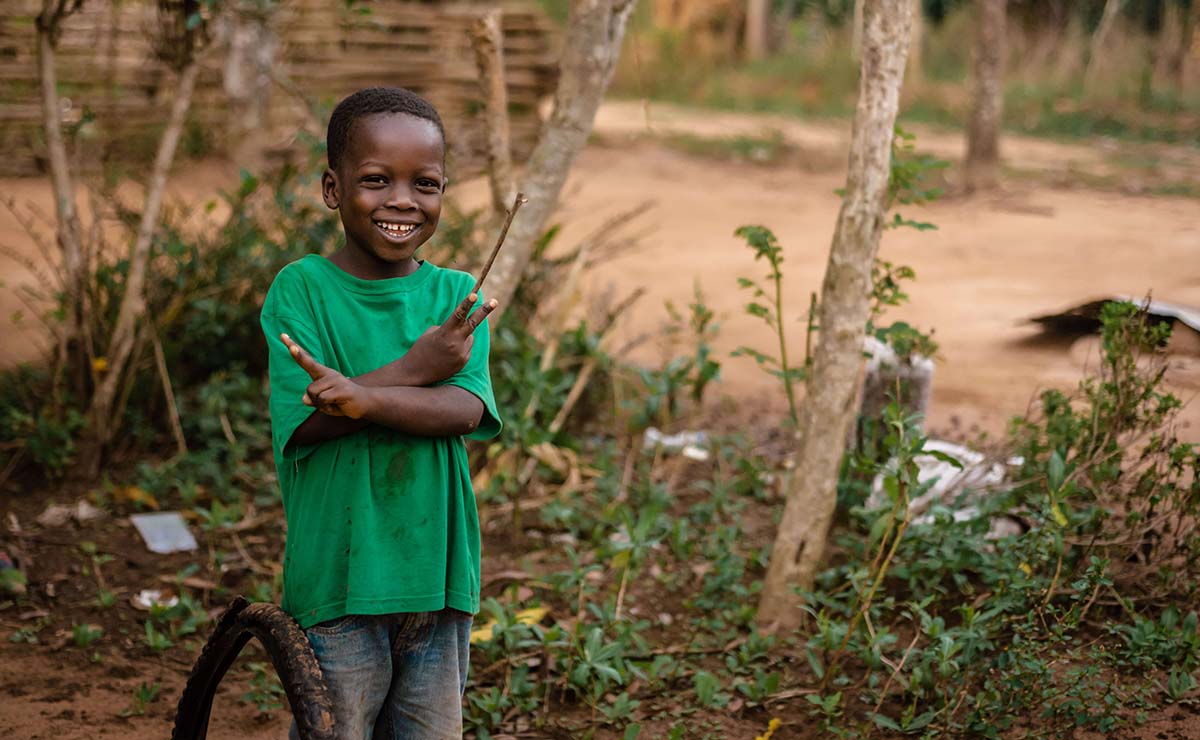
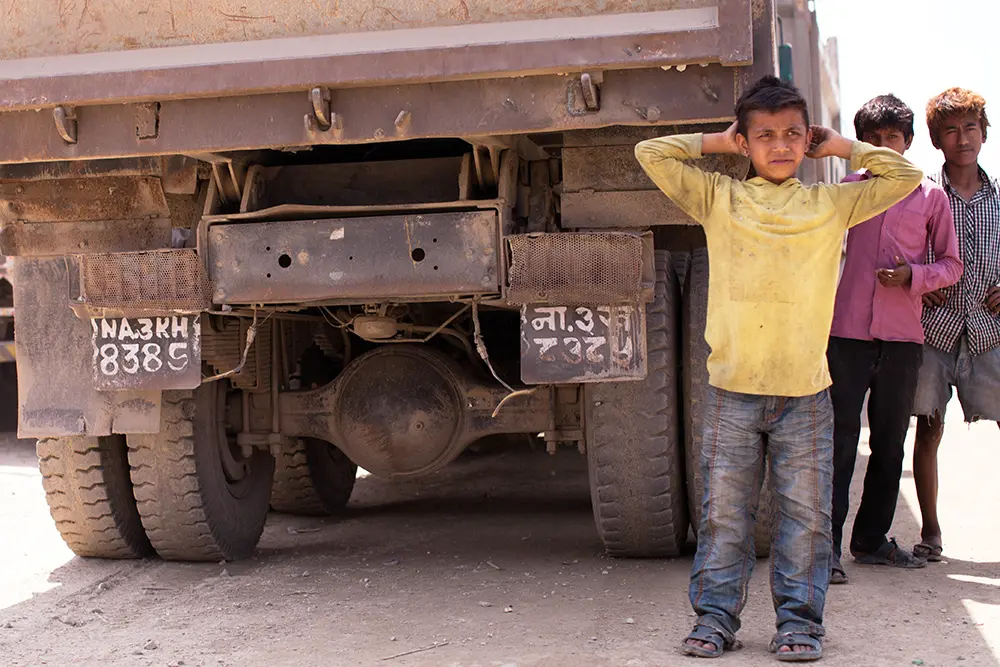
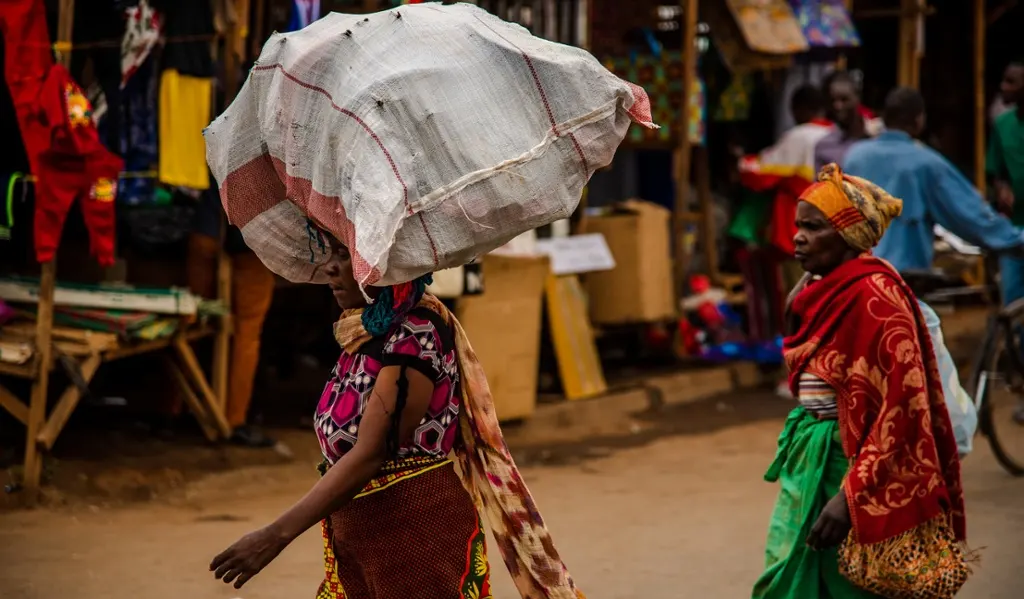


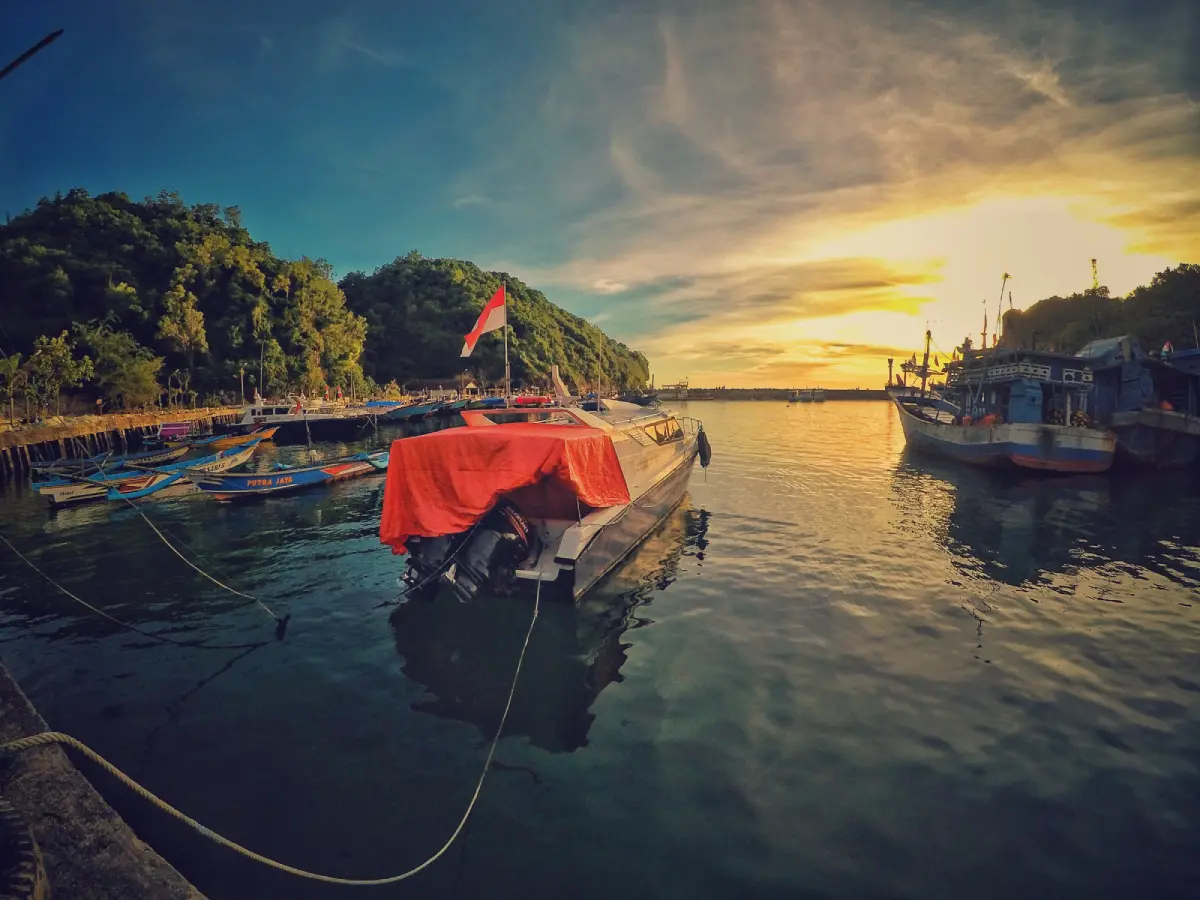
/woman_africa_village_shack.webp)
%20(1).png)

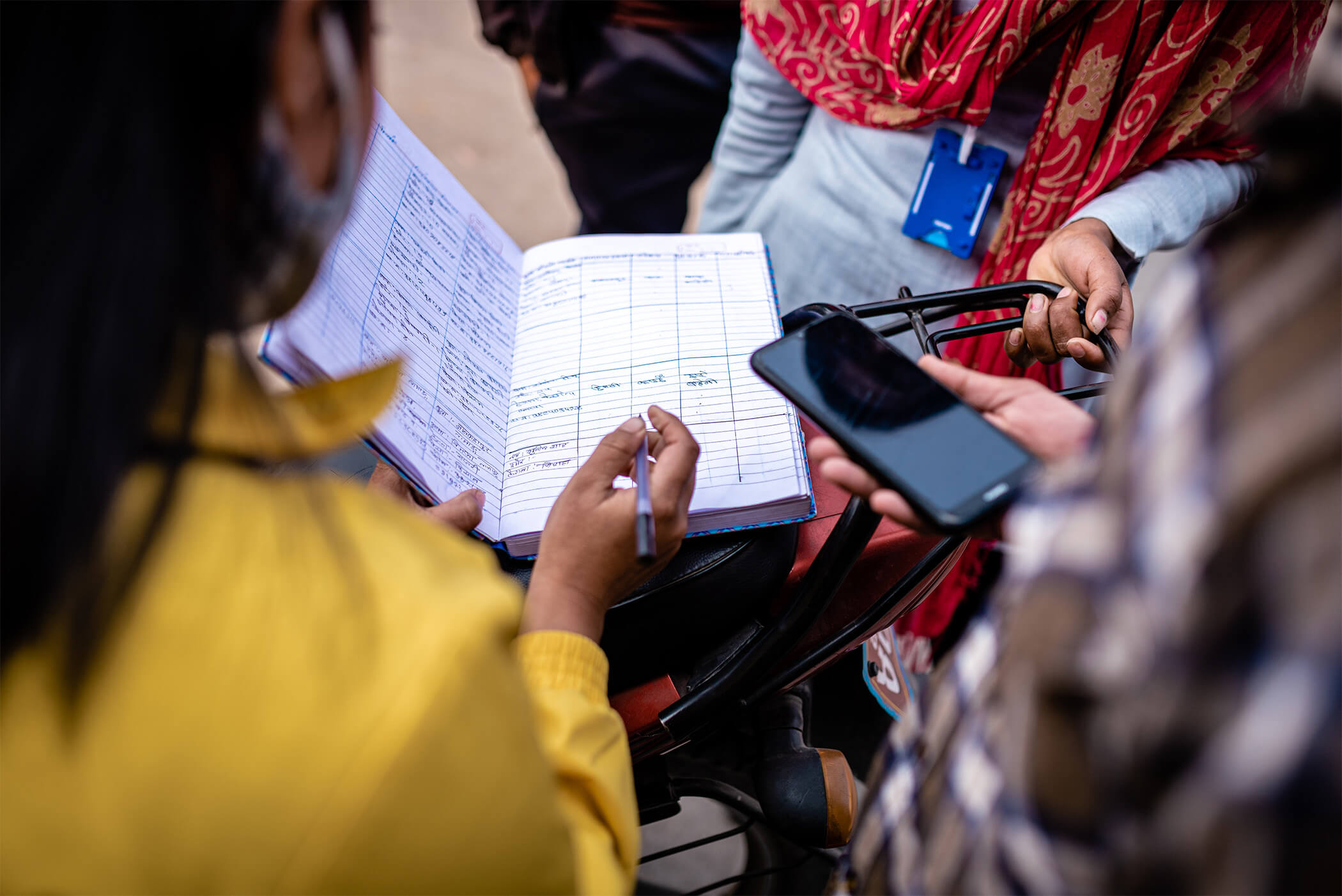




Post a comment